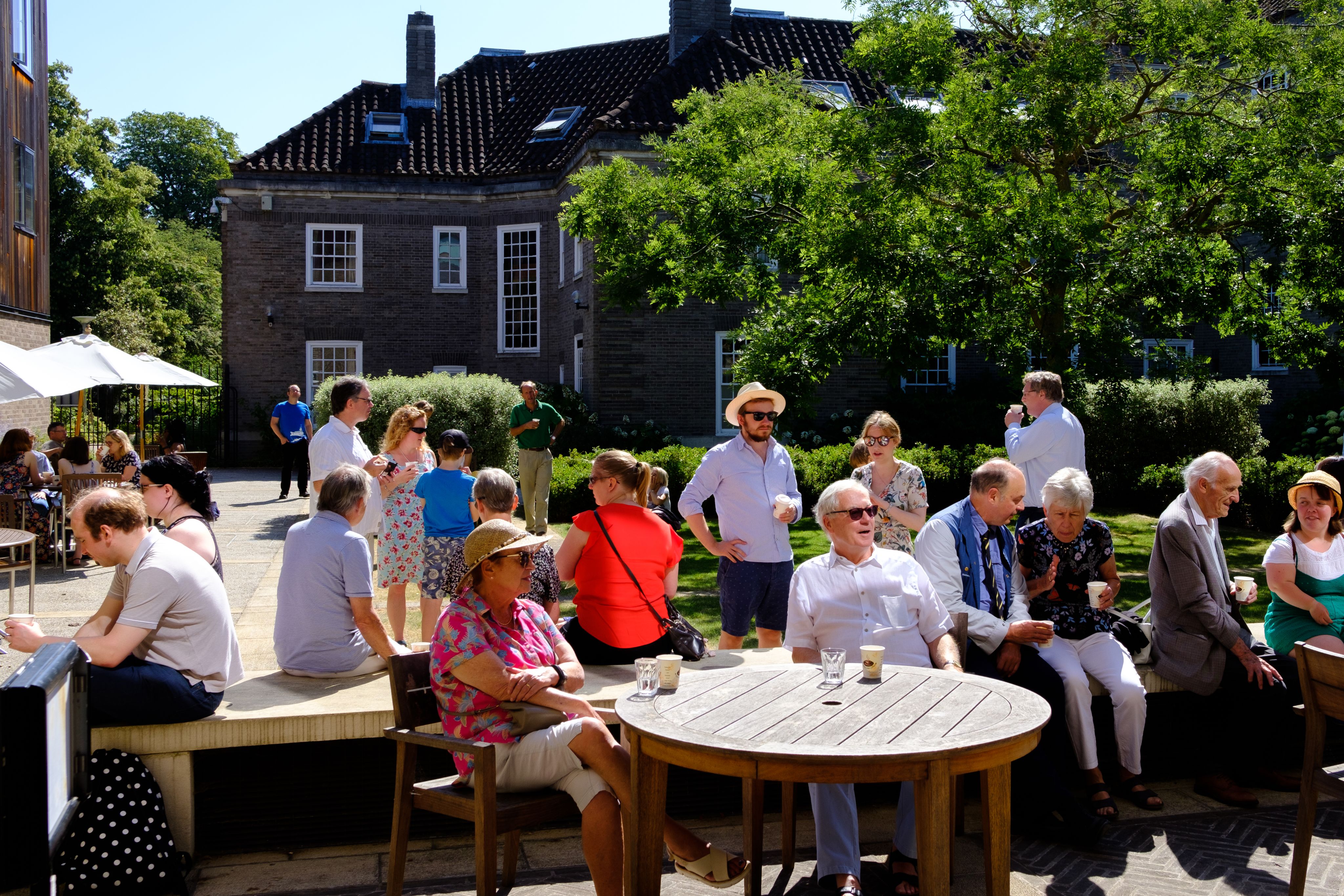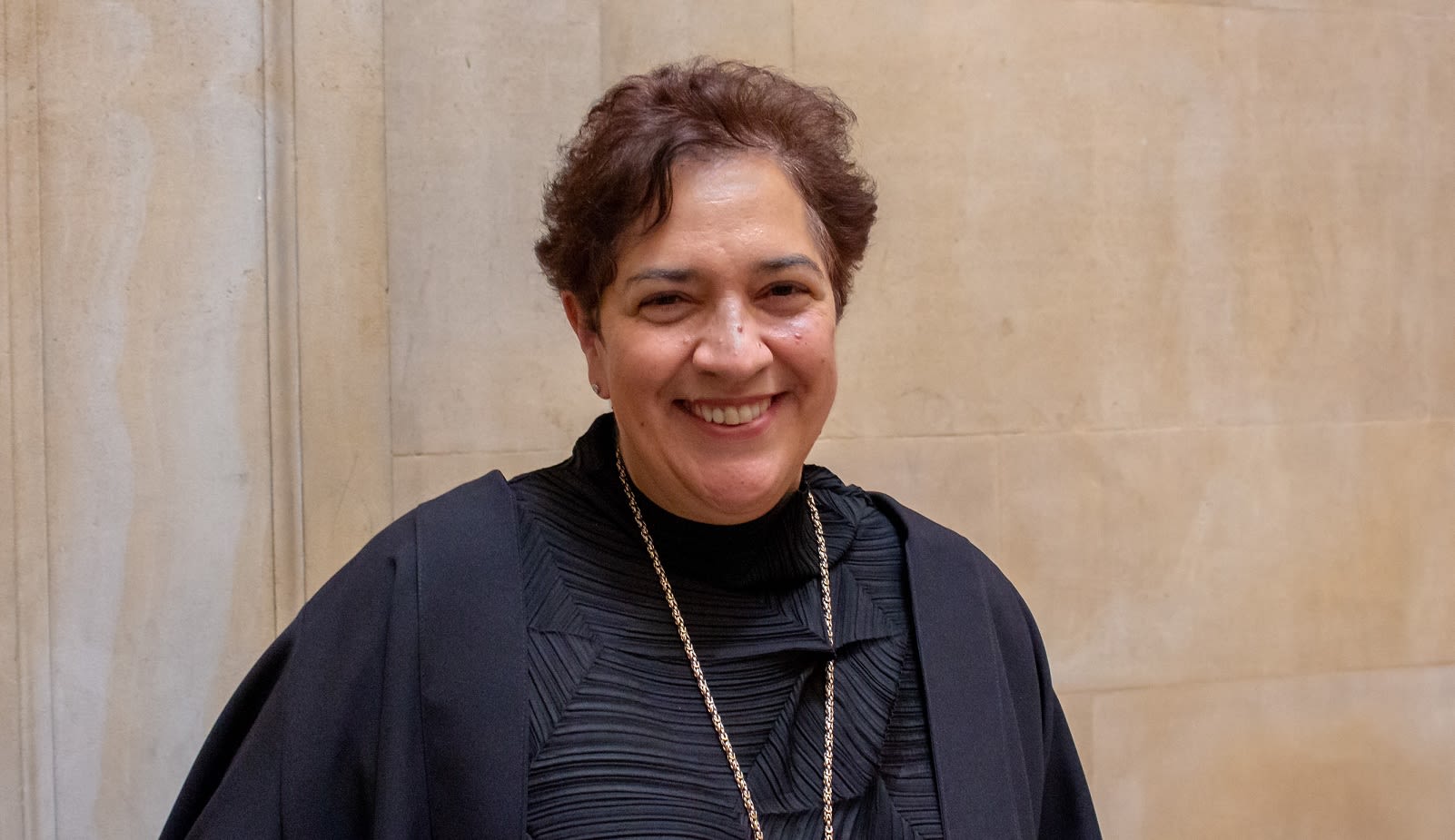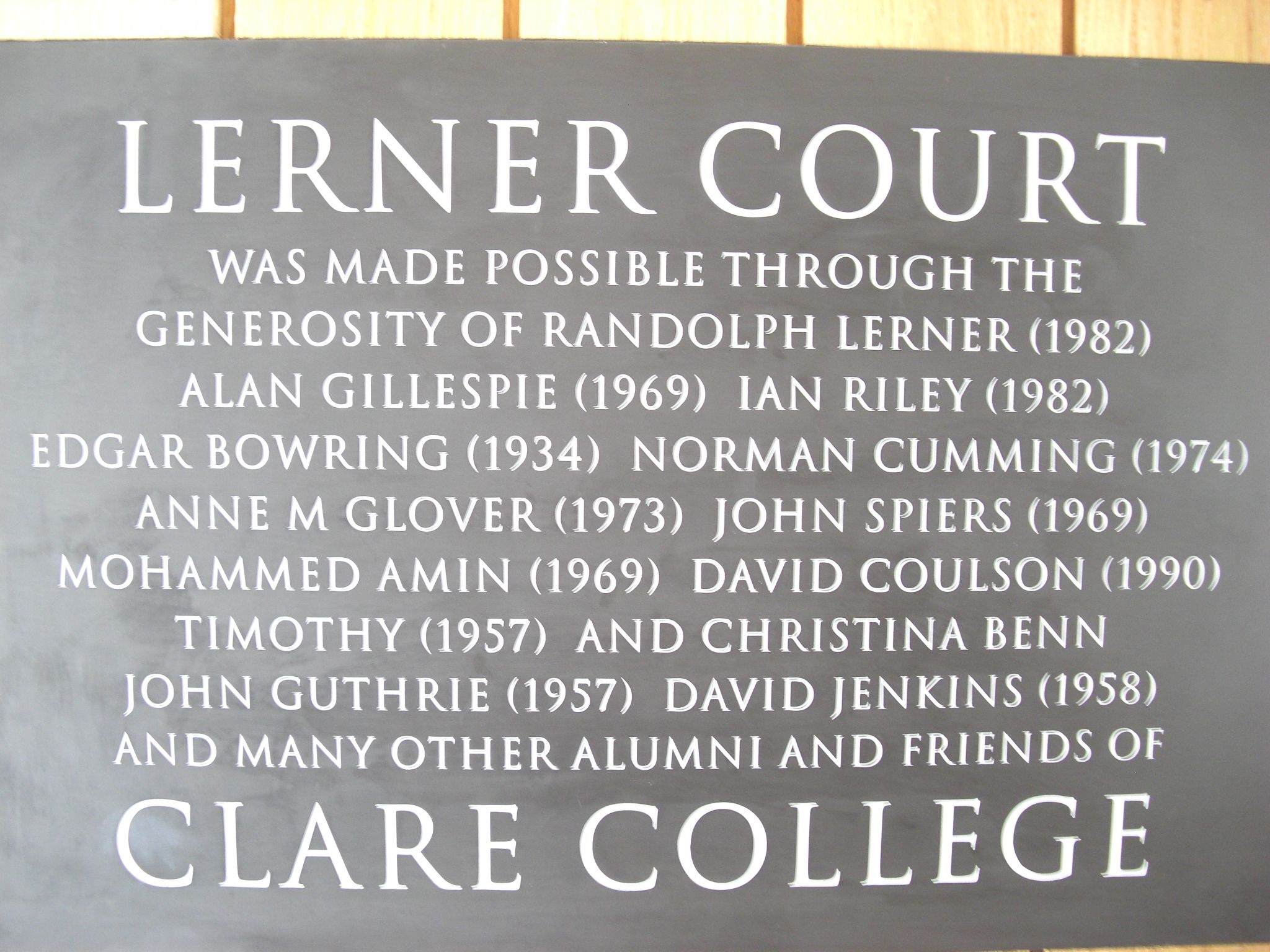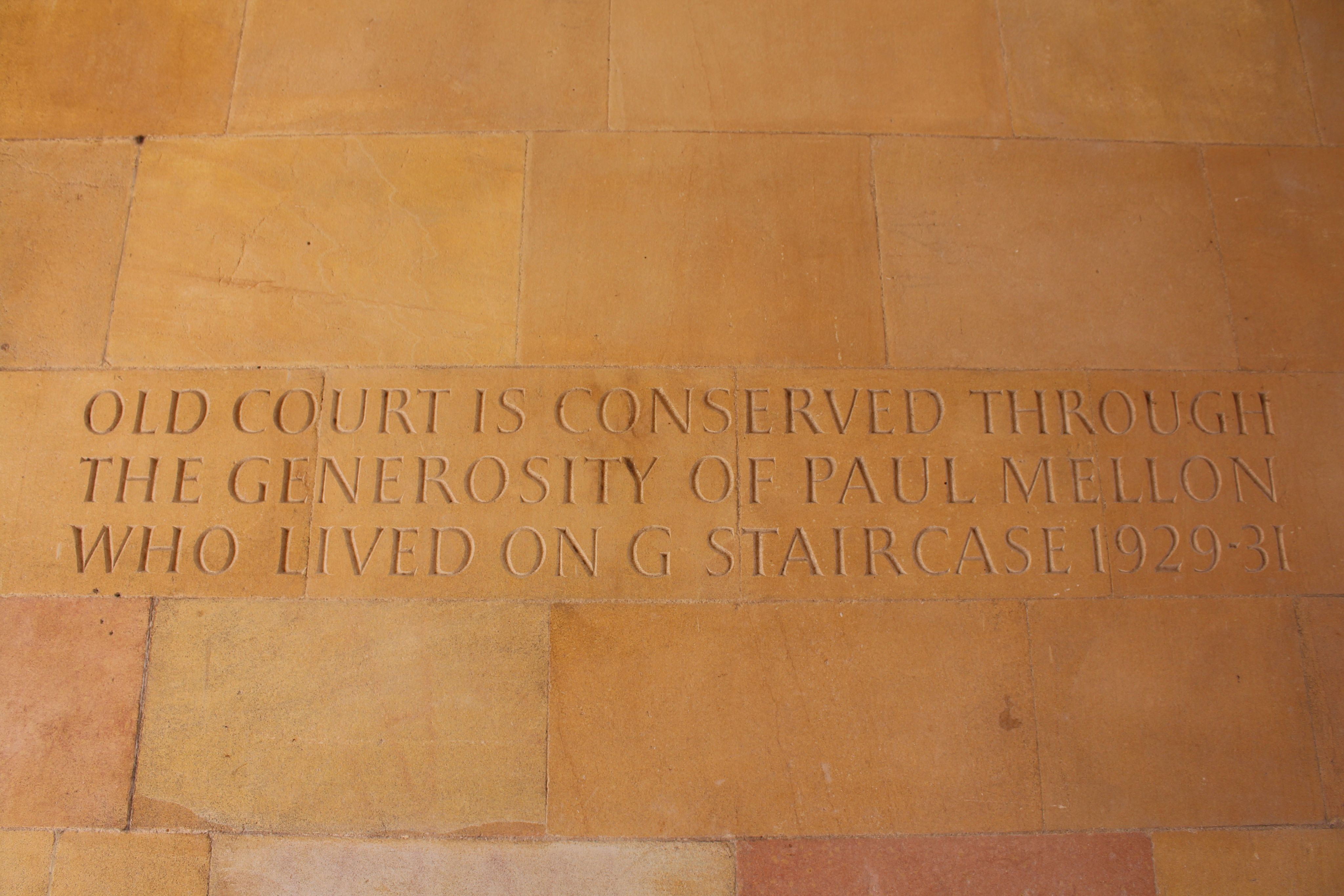Don't mention
The F Word

When I bump into friends who were students with me at Clare in the early 1980s, I get a lot of questions about what it’s like to be the Master. Most of them say they’re envious about many aspects of the role, especially that I can see Clare Bridge from my bedroom window.
It is, indeed, a role that comes with many blessings, not least, now the major phase of building work is ending, a stunning view. But you can see them consoling themselves as they go on to say, almost in a whisper, ‘Do you have to do, you know, get involved in, you know, (eyes down to the floor, a blush) fff….fundraising?’
My fellow alumni, you won’t find me blushing at any point about fundraising! The beauty of Old Court, when it was completed in 1715, owed everything to those alumni who had responded to the then Master and Fellows’ write-round asking for donations. Three hundred years later, there are more to thank: we are beneficiaries of the generosity of over 800 alumni who have so far contributed to the current Campaign for Old Court, for its renovation and, in parts, its transformation for the 21st century. All these donors gave, in the 17th century and in this one, because the College asked them if they would consider it.
Fundraising for a charity can take many forms: the letter in the mail, the post on social media, the appeal at an event, the one-to-one ask in the street or on the doorstep. We’ve all, I’m sure, been on the receiving end of all these different approaches. Whatever the approach, if it’s wrong for the person concerned, it can be very uncomfortable all round. Who wants to feel pressurised to give to a cause they don’t support, in an amount they can’t afford, or at a time which is not appropriate? The wrong kind of fundraising is extractive and transactional, more about the money than the relationship between the giver and the one doing the asking. With College fundraising, though, the relationship with those we ask for donations is always paramount.
And when someone with whom the College does have a relationship gives what they can give, for something that means a lot to them, at a time which suits them, that can be the most extraordinary thing to witness. In this and in previous roles, I have had the good fortune to sit with people making a decision to give what, for them, is a real stretch of an amount, to fund the work of an organisation they care about. What you see when someone takes that kind of a decision is a moment of liberation, when they feel freed of the question of whether and if so, how much to give, and immediately start to reap the rewards of simply knowing they have done a really great thing. It’s a joy to be part of a moment like that.
For most of us, our time as Clare students made an enormously positive difference to the trajectory of our lives. In my case, I came as a state school student, whose parents weren’t able to finish school, from the first generation of my family to go to university. My Dad offered to bring me up as a Fresher in his ice-cream van, but I would have been mortified at the time, and begged my mum to bring me up in her car. Everything changed when I crossed Clare Bridge into Old Court for the Matriculation photograph in 1981. Thanks to a world-class education at Clare, I’ve had a rich and varied career, and a chance to lead a number of organisations doing vitally important work. Who would not want to help students access the kind of opportunities Clare has made possible for people like us?
The challenges facing the world are daunting – whether your concern is inequality, conflict, climate change or something else. Whoever we are, wherever we’re from, it has never been harder or more crucial to be able to think things through clearly, to listen with respect to the arguments of others, and to be willing to speak truth to power, in a context which finds the truth less interesting. It is what one of my predecessors, Eric Ashby, called the ability to ‘think otherwise’. What we do here, then, is equip people for their daily appearances on the battlefield of ideas, to help them, as Lady Clare urged in the 14th century, to be ‘light in the dark’.
To keep going, we will continue to need your support, financial and otherwise. I am not embarrassed to mention that. Our fee income from UK students has been fixed for years, whilst the costs of providing an excellent education have rocketed; meanwhile, our historic buildings and gardens fall to us only to develop and maintain, without any external institutional support. Yet we know that the beauty of the place, and its history, are part of what helps our students graduate with their heads held high, no matter where they started from. Old Court is more than bricks and mortar. Students who have a pass to these gates know that they also have a place at the table.
A special thank you goes, therefore, to those who have given to the Old Court campaign, now only £3m shy of its £25m target. We hugely appreciate your generosity. For some of you, that £3m to target is an unthinkably large amount, to others of you, not so much. That’s why I say, to each of you, have you yet given what you can give to this Campaign and, if not, whatever is now the right amount for you, whether it’s a pound or a million pounds, please will you give it?
I personally gave to the Old Court Campaign because I love this College for what it gave me 40 years ago and what it does and will do for others. I am just one of over 800 alumni who have taken this step. It feels good to make an investment in the intellectual freedom and flourishing of future generations. There are a lot of Fs in that.




